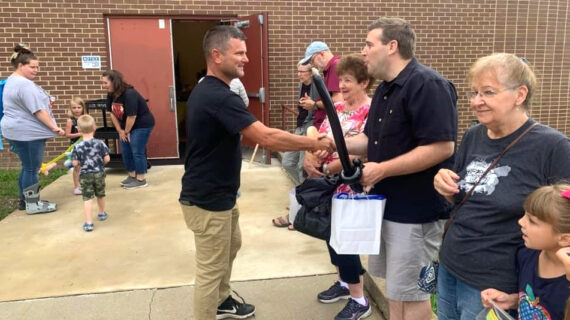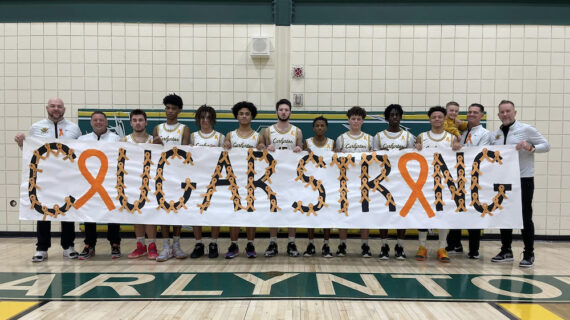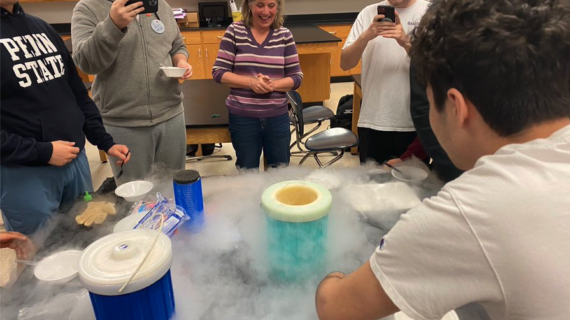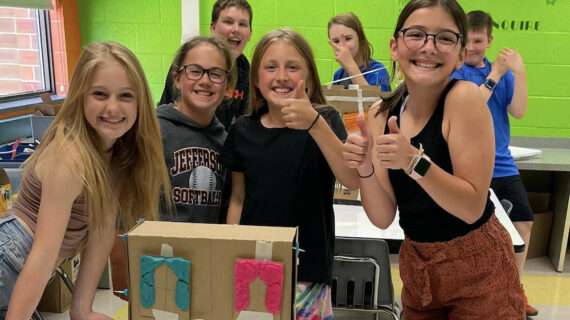
Reading and relating: Northgate educates by focusing on teaching — and supporting — the entire child
This story is one in a series created in collaboration with the AASA Learning 2025 Alliance to celebrate the work of groundbreaking school districts in the Pittsburgh region. Kidsburgh will share these stories throughout 2023.
One morning last November, a teacher at Northgate School District’s Avalon Elementary was trying to solve a puzzle. One of her first-grade students was struggling to build reading skills, and additional reading intervention wasn’t helping.
While meeting with colleagues, the teacher brought up something she’d noticed. This particular child seemed distracted – and not just in typical 6-year-old ways. The child was feeling a lot of anxiety. And with so much on this young student’s mind, concentrating was a huge mountain to climb.
The team of Northgate teachers, administrators, and behavioral health specialists agreed: Although the red flag was a lack of reading progress, the solution for this child wasn’t really about reading. It was a different kind of support.
In particular, it meant support from the school’s in-house behavioral health staff from Allegheny Health Network, who could talk with the child about anxiety and share simple, accessible ideas for managing difficult feelings.
Northgate’s early-warning system – called MTSS, or Multi-Tiered System of Supports – is designed to catch roadblocks like this one as soon as they crop up, rather than waiting until kids really begin struggling.
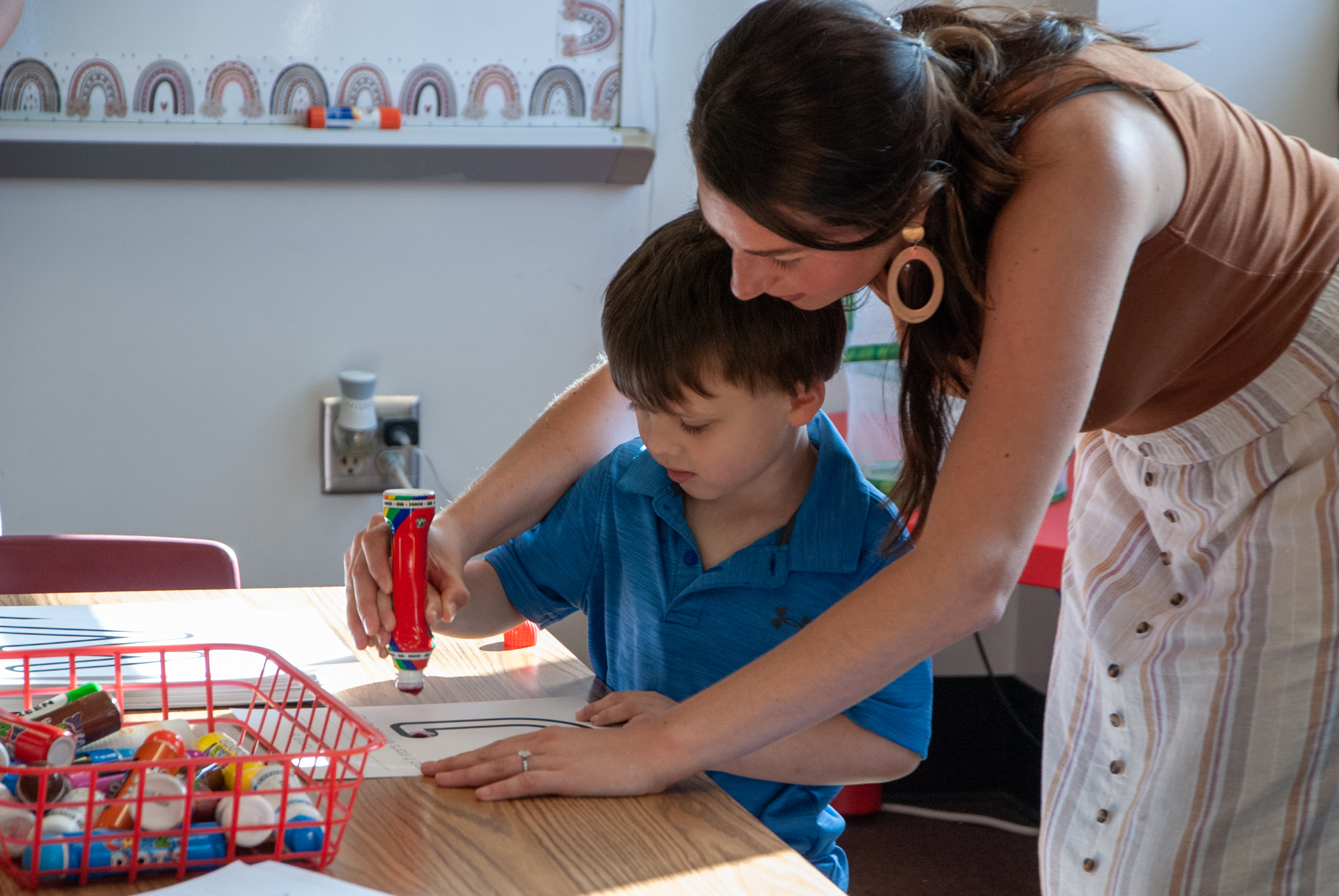
Why does it work so well? Because, says Northgate’s director of curriculum and assessment, Dr. Chris Caton, the MTSS was designed with real life in mind. Though we may think of them in separate silos, a child’s emotions, behavior and academic progress are deeply connected.
“Our goal is for these kids to receive an excellent education, but we recognize there are many barriers that can get in the way of that,” says Northgate superintendent Caroline Johns. “That’s what we look to honor and address, so that every child can be successful in their learning.”
SOLID SYSTEMS AND REAL RELATIONSHIPS
At Northgate schools, frequent check-ins about each child always include a focus on academics – especially core skills like reading, which are monitored throughout the district. But behavioral and emotional health are always part of the mix as well.
“By tracking data and having these frequent conversations, we can get the right support to each child,” Caton says. “And if necessary, we can escalate that child through a tiered system of support to ensure that their individual needs are addressed.”
Students do their own behavioral mood check-ins, which helps develop their social-emotional skills while normalizing the idea that it’s good to talk about your feelings. They also get to know the school’s in-house behavioral health experts from Allegheny Health Network’s Chill Project, who teach mindfulness and other social-emotional skills to kids in all grades throughout the district.
With those relationships in place, the Chill staff can be especially helpful if a student needs extra help with things like anxiety – a common issue nationwide, and one that parents are increasingly concerned about.
“Mental health can be a barrier for academics,” he says. “When it is, we could throw all of the academic support in the world at this kiddo, but if we don’t deal with the foundational issue, it’s not going anywhere.”
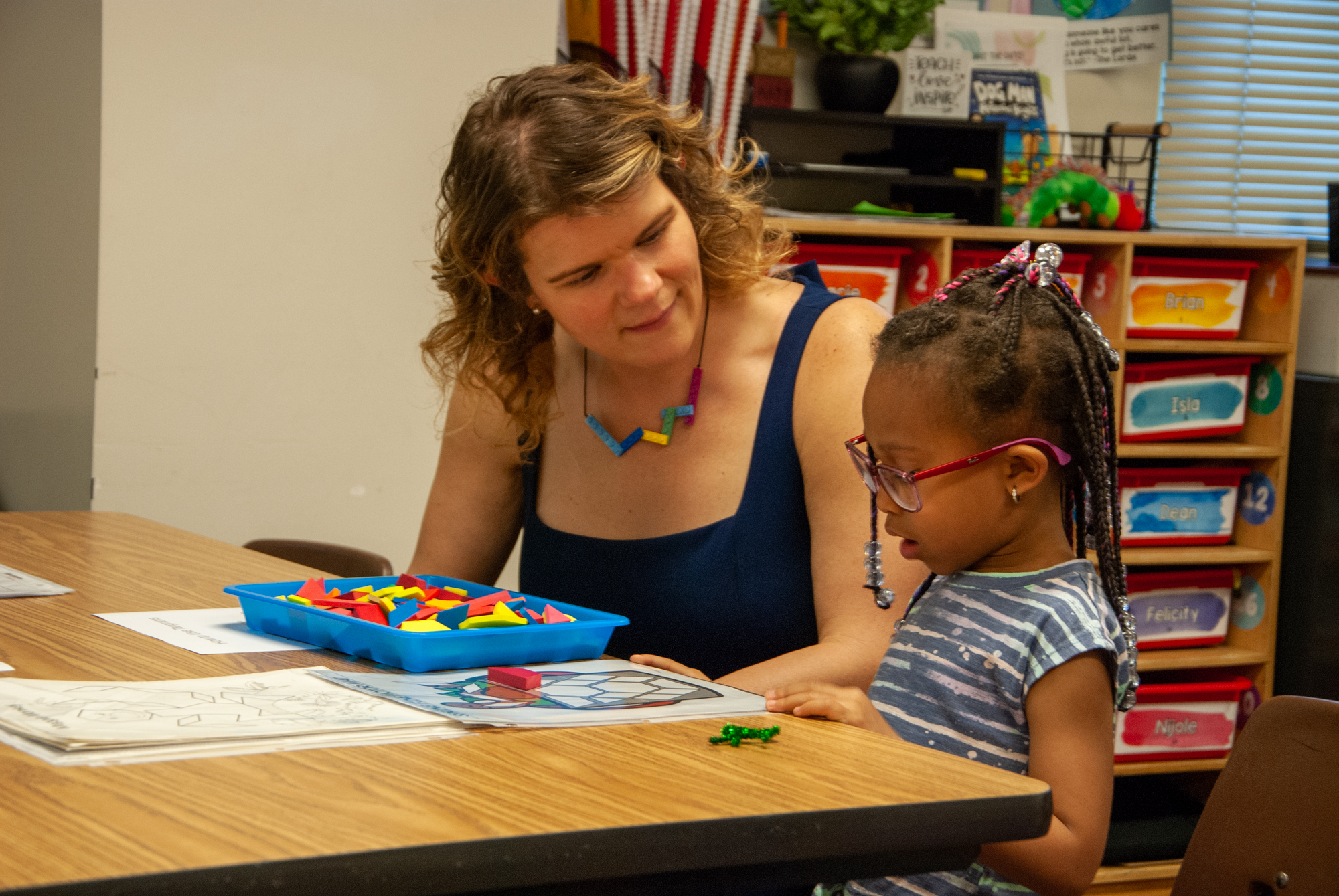
NEXT-LEVEL TEACHER TRAINING
Northgate is a member of the Western Pennsylvania Learning 2025 Alliance, a regional cohort of school districts working together to create student-centered, equity-focused, future-driven schools. Led by local superintendents and by AASA, The School Superintendents Association, the Alliance gives Johns and her team a chance to discuss systems like the MTSS with local and national peers.
It also gives districts a space to brainstorm about the fundamental skills every student needs for a lifetime of successful learning. Reading has surfaced as a priority at Northgate, especially after the district participated in the Pennsylvania Department of Education’s dyslexia program.
Reading is a skill that unlocks everything from world history to science. And as kids grow, they need increasingly strong reading skills to tackle complicated ideas in all their classes. So all of Northgate’s teachers now get training in reading itself – the very science of it.
They’re also trained by Chill Program staff to help support each child’s social-emotional learning. Teachers can’t be expected to be agents of “whole child” growth if they aren’t given the tools to do it, Johns says.
“Our Chill folks are here every single day, all day. They’re part of our faculty. They’re part of the flow of the building. So the kids see them in the hallway. There are opportunities to talk to teachers. There are opportunities for them to interact with the life of the building,” Caton says. “That’s really important because they can understand the context of our students in a way that otherwise wouldn’t be possible.”
“That’s in-house professional development for all of us,” he says.
It’s a valuable formula: lots of training for teachers, lots of communication about each child, and a deep understanding that teaching the whole child means being as aware of anxiety levels as you are of math scores.
“The Chill program is important and it’s a great thing to have. Our reading program is important and it’s a great thing to have,” Caton says. “But what I think sets us apart are the systems that are built around these things that ensure that the kids who need extra of those things are getting them.”
Want to download this story? Click here for a PDF.

